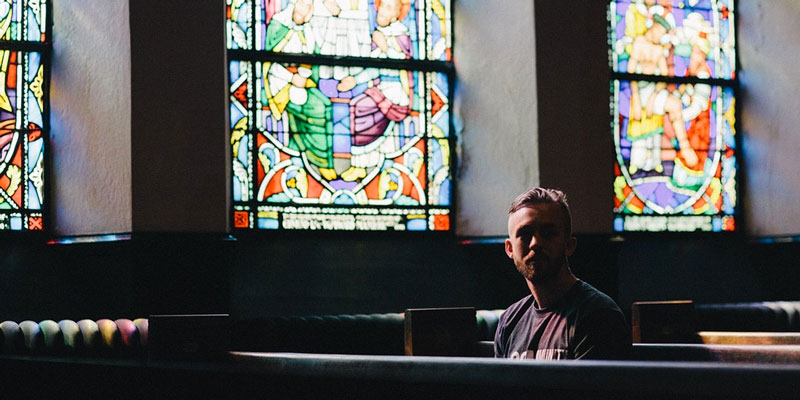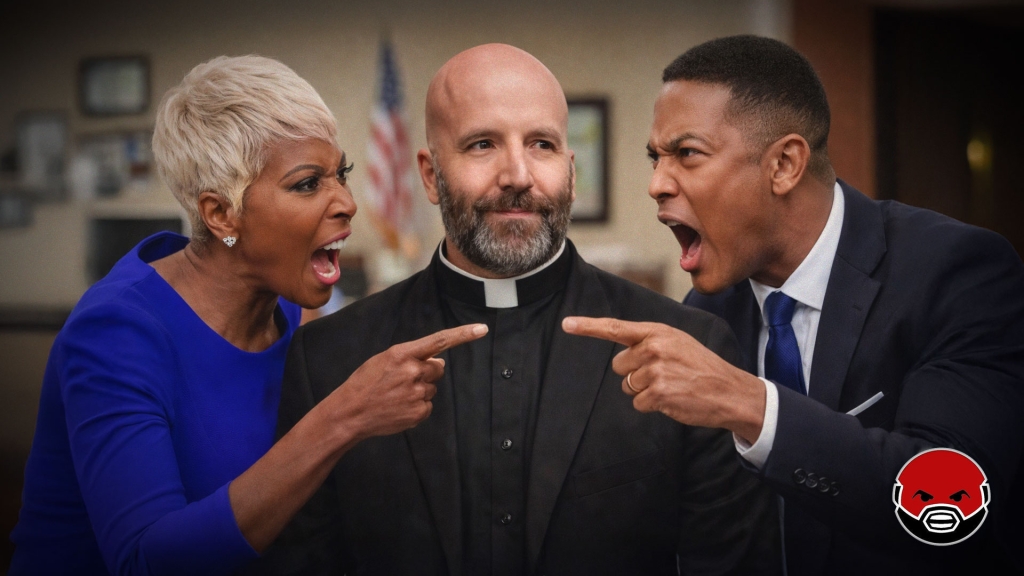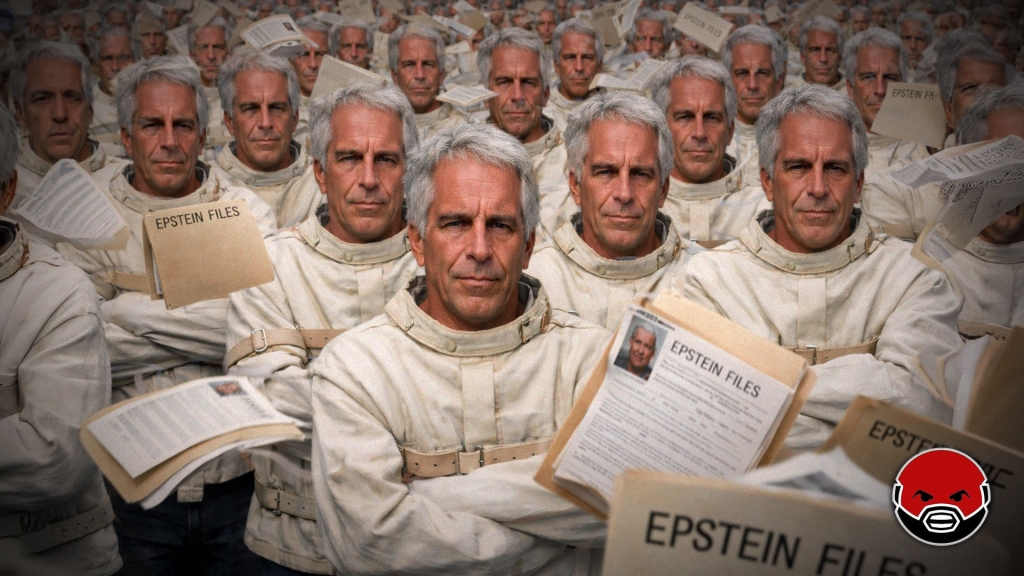Listen to the 10 min audio
Read the transcript:
THE CHURCH HAS LOST ITS THICKNESS — WHAT DOES THAT MEAN?
TOM LAMPRECHT: Harry, I’d like to take you to an article written by John Stonestreet out of Breakpoint. The headline is “Are our churches truly leaving a mark on people? Or, another way to think about it, are our churches thick or thin? What’s the difference between a job and a vocation? David Brooks of The New York Times writes, ‘The difference is thickness. A thick institution,’ Brooks writes, ‘becomes a part of a person’s identity and engages the whole person, head, hands, heart and soul.’” John Stonestreet asks, “Are our churches thick enough?”
DR. REEDER: David Brooks has brought something up and let’s build on his metaphors. One time, I was watching my mother fix some gravy and she said, “Well, that’s not thick enough,” and I said, “Oh, what do you do?” She said, “Well, here’s what you need to add,” and she began to add some things. Then I remember her language, “Gravy needs to have texture and it needs to have a little thickness to it in order to be tasteful.”
WORSHIP HAS CHANGED — BUT FOR THE BETTER?
Well, I think the same thing’s true in terms of the church. What we have been through, Tom, is a series of years where the church growth mentality has so dominated the thinking of the leadership of the church that the notion is not simply, “We need to simplify,” but, “We need to make less challenging the message of Christianity,” and it’s been seen particularly in how we do worship.
Worship has not only taken on an entertainment dynamic and the whole notion is, “How is the audience receiving this and will it attract an audience? And we need to have worship services that attract. Well, the culture uses entertainment to attract so we’ll make our worship services entertainment.”
We introduce video cuts, we introduce drama, we introduce dance and we introduce all of these things which, actually, I have no issue with in, let’s say, an outreach event or a concert or something like that. However, worship is something different. Worship is something unique and wholly other.
WORSHIP SERVICES SET THE TONE FOR THE WHOLE CHURCH
Now, why am I saying this? Because I believe worship services set the thermostat for the life and texture of the church. Worship has to have gravitas. Some people, in an effort to have gravitas, reach for complicated liturgy and some reach for gravitas in terms of the performance of the leadership on the stage but, historically, evangelical Christianity — and if people will allow me to talk about my own branch of Christ’s church, the Presbyterian Church — we have said that there needs to be simplicity, not shallowness, but simplicity in worship.
Worship needs to be preaching, and prayer, and confession and the sacraments but there’s not this complicated liturgy that complexity is the notion of substance, but there is substance because of the weightiness of the Word.
Therefore, in our effort to be entertaining, we have cut back on the message and we have cut back on our worship in order for it to be just a simple gathering of entertainment where everybody feels good and has a great experience and, “By the way, won’t you come back to be a part of this church?”
Well, the objective of Christianity is not for people to become a part of our church. The objective of Christianity is for the church to present Christ in all of His glory — that means His transcendence as well as his imminence. That means not only the simplicity of our intimate relationship with Him, but the majesty of our transcendent relationship with Him.
WORSHIP MUST LEAD US TO THE GREATNESS OF GOD
I was looking as I was going through the cathedrals of Europe and I was looking at where they once were in these massive cathedrals that were declaring the transcendence of God. Well, that is something that, historically, has been there, that the transcendence of God is declared in worship and then the imminence of God is taught in worship — that He is with you, that He loves you, that He dwells within you.
“But who is this that dwells within me?” It is not some watered-down version of a God, but the God of the Bible, Who speaks and the winds obey His voice, and the mountains quake and all of the universe stands in awe of Him. And it is this fear, or awe of the Lord, that would then penetrate the worship of God because he is so majestic.
And then comes the message that this God has loved you, He has given His Son for you and He will send His Spirit to live within you so you can be right with this majestic God and this majestic God is right within you.
SET-APART AND HOLY WORSHIP IS BIBLICAL
Tom, the real point of this thing is worship. Worship sets the thermostat. There’s an interesting moment when Moses is telling Pharaoh, as the spokesman for God, “Let My people do that they may go three days out to this mountain and worship Me.” And, in the sixth plague, Pharaoh says, “Listen, we’ll let you worship. Here, I’ll create a nice little place for you here. You don’t have to leave, but you can stay here and worship.”
And then there’s an interesting thing that Moses says to Pharaoh, as this mouthpiece of God, and that’s this: “Our worship will not be understood by your people. We must go out to worship.” Worship is a wholly other event. It’s not a concert. It’s not an entertainment. It’s not a lecture. It’s not a classroom. It is a moment where the people of God have assembled together in the presence of God and the glory and majesty of God is being lifted up and praise is given to God. That’s what brings gravitas to the church because then you can deal not only with the simplicity of the Gospel message, but also the depth of the Gospel message.
The church has lost its texture. It’s lost its tastiness. Why? Because it’s lost — and I’ll use David Brooks’ metaphor — it’s lost its thickness. What we have said, historically, is the church is five miles wide and one inch deep. And then you have reactionary churches that are one inch wide and five miles deep.
Well, I think what the Bible is telling us is that the church is to be five miles wide and five miles deep. There is a texture, there is an expansion of it and there is a depth of it — a thickness of it. And that’s what draws people, not this simplicity of another faddish organization, but the embassy of the kingdom of God has shown up. Look at the depth of the relationship that the people have with God, look at the majesty of that God and then look at the intimacy they have with God and with each other.
CHURCHES AND OUR CHRISTIAN IDENTITY
TOM LAMPRECHT: Going back to David Brooks’ analogy, he writes, “Some organizations leave a mark on you and some pass through with scarcely a memory.” Harry, are our churches leaving a mark?
DR. REEDER: He’s put his finger on it — no. You can take them and leave them because they’re not all that significant. They have no demands any longer. “Wouldn’t you like to join our church? By the way, it’s nothing much. Can you come, maybe, once a month to a worship service and, by the way, give a little bit of money every once in a while? Would you join up for a little project?”
There’s this minimizing of expectations even though all of the analysis tells us it is the heightening of expectations. Now, we obviously want to be Biblical in this. What does it take to join the church of Jesus Christ? It takes one basic thing: a credible profession of faith in Jesus Christ as your Lord and Savior. However, what are the vows of that membership? The vows of that membership is not that this is an incidental organization that I may stop by periodically. By the way, how many meetings do I need to come to, to be a member of the Rotary Club?
That’s not the way you look at the church of Jesus Christ. This is a covenant commitment to the one organization that Jesus died for. God, as creator, has put a sacred institution — it’s called the family. God, as provider, has put a sacred institution — it’s called government. God, as redeemer, has put a sacred institution — it’s called the church, which is called the family of God, which is called the body of Christ, which is sprinkled clean with the blood of Jesus.
CHURCH LEADERS, ASSESS YOURSELVES
And Jesus said that, “I have loved my church and given myself for her. I have purchased her with my own blood.” Therefore, there is a commitment we make that reflects the depth of the commitment of the Savior.
However, here is the point. The leadership of the church has got to renew our commitment to making sure that the door and threshold of the church is simple Gospel message, but the life of the church has depth and texture — it’s tasty because there’s something to it. There is gravitas.
And, finally, my proposal is this: the worship service sets the thermostat for the thickness and the thinness of the church. It sets the thermostat. Worship is the key element.
Dr. Harry L. Reeder III is the Senior Pastor of Briarwood Presbyterian Church in Birmingham.
This podcast was transcribed by Jessica Havin, editorial assistant for Yellowhammer News, who has transcribed some of the top podcasts in the country and whose work has been featured in a New York Times Bestseller.
Podcast: Play in new window | Download
Subscribe: RSS












